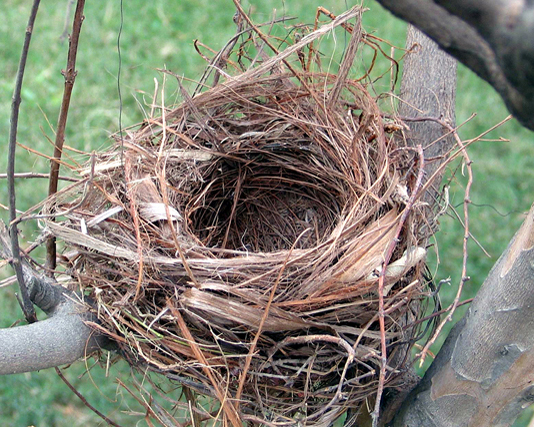
Just as every marriage is unique in its circumstances and characteristics, so is every divorce. While most parents who want to end their end their union are able to agree on conventional custody arrangements, some families must think outside the box – and get a judge to agree. One unusual custody arrangement that is increasingly ordered by New Jersey courts is called “Bird Nest’s Parenting,” (or, alternatively, “Birdnesting”) where the children remain in a single residence and the parents switch in and out on rotation. This arrangement is made when moving between two households (typically when joint physical custody is awarded) would be a detriment to the children. As you’ve read from us before, the Best Interests of the Child standard is used to determine the plusses and minuses of Birdnesting.
The “psychology” behind this is the idea that it’s the movement between residences that causes children a significant amount of harm in a divorce; that switching between a familiar and an unfamiliar environment on a regular basis can transform an already stressful separation process into an overwhelming ordeal (more so if there’s a discrepancy between the standards of living of the two parties). But the actual adoption of this unconventional living arrangement is often due to financial reasons. For example, if both parents are financially unstable as individuals, and the family home must ultimately be sold to cover debts, bird’s nest parenting allows the children to remain in that home while the parents switch in and out until they’re able to each provide for a more suitable living environment after the sale. On the other hand, the arrangement may also work if both parents have the financial security to pay the costs of the family home and afford their own separate homes for their “off” weeks. The arrangement isn’t perfect – bird’s nest parenting requires that the parents live in relatively close proximity to each other – and that they have a relationship that allows for the sharing of household chores and duties.
New Jersey courts have been growing more receptive to the idea of bird’s nest parenting. In Key v. Key, a judge decided that “[u]ntil January 1, 2013, the parties will continue their bird nesting relationship sharing the marital residence on a week-on/week-off basis.” Similarly, in In re Marriage of Levinson, the court approved a bird’s nest parenting schedule until the parties’ individual lives stabilized. But bird’s nest parenting seems mostly to be used as a temporary solution, which can mean that the courts can consider it to be unsustainable in the long run. While alternative lifestyles take time to be accepted by the public and by the courts, if, down the line, there appears to be evidence pointing to its success, bird’s nest parenting may become more widely used and approved. Loree Varella, Rutgers School of Law Newark candidate for a JD degree in May 2016 collaborated on this blog. She is Associate Editor of the Rutgers Computer and Technology Law Journal and will soon serve as Managing Research Editor of that publication.

